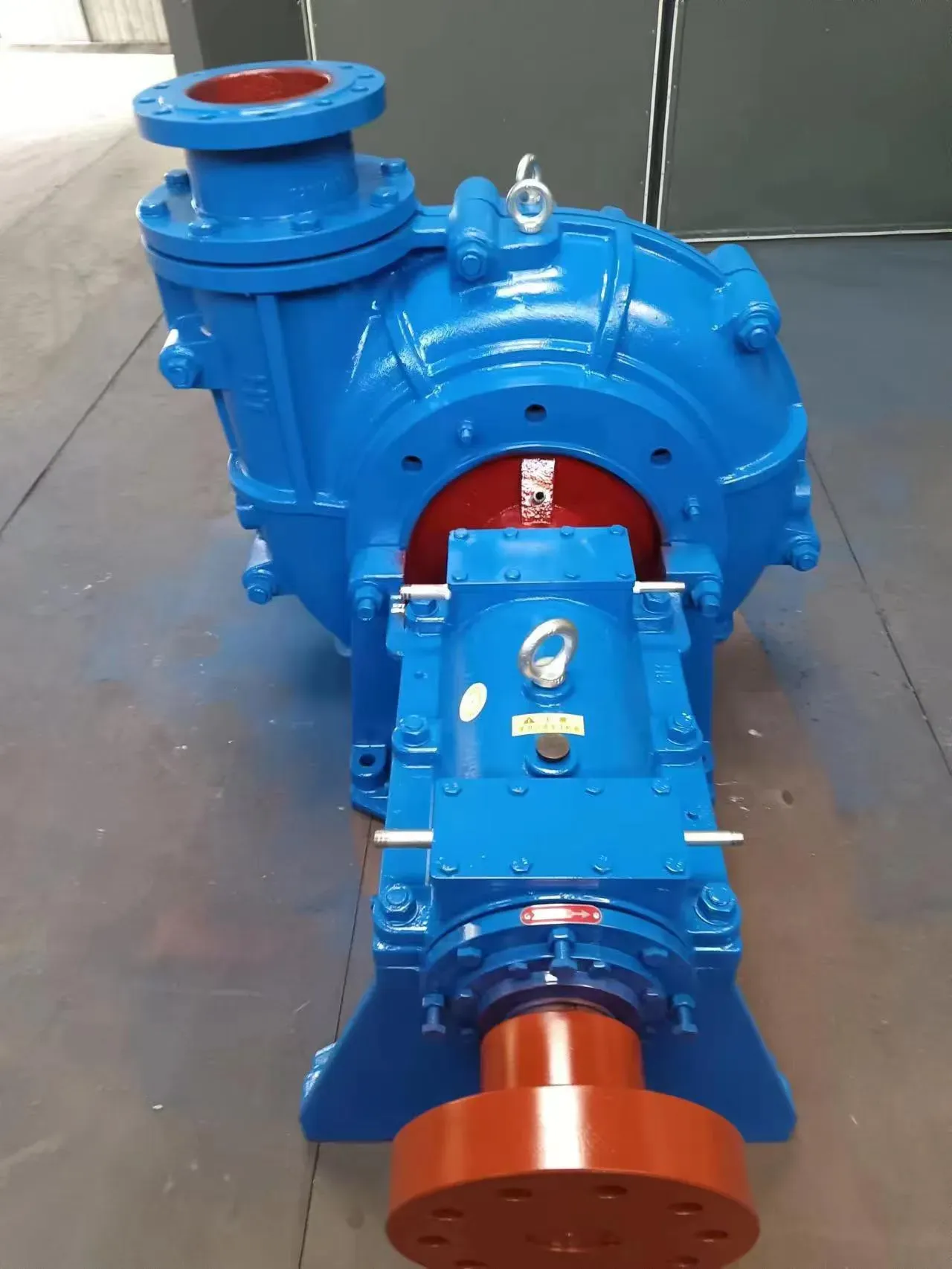Azerbaijani
- Afrikaans
- Albanian
- Amharic
- Arabic
- Armenian
- Azerbaijani
- Basque
- Belarusian
- Bengali
- Bosnian
- Bulgarian
- Catalan
- Cebuano
- Corsican
- Croatian
- Czech
- Danish
- Dutch
- English
- Esperanto
- Estonian
- Finnish
- French
- Frisian
- Galician
- Georgian
- German
- Greek
- Gujarati
- Haitian Creole
- hausa
- hawaiian
- Hebrew
- Hindi
- Miao
- Hungarian
- Icelandic
- igbo
- Indonesian
- irish
- Italian
- Japanese
- Javanese
- Kannada
- kazakh
- Khmer
- Rwandese
- Korean
- Kurdish
- Kyrgyz
- Lao
- Latin
- Latvian
- Lithuanian
- Luxembourgish
- Macedonian
- Malgashi
- Malay
- Malayalam
- Maltese
- Maori
- Marathi
- Mongolian
- Myanmar
- Nepali
- Norwegian
- Norwegian
- Occitan
- Pashto
- Persian
- Polish
- Portuguese
- Punjabi
- Romanian
- Russian
- Samoan
- Scottish Gaelic
- Serbian
- Sesotho
- Shona
- Sindhi
- Sinhala
- Slovak
- Slovenian
- Somali
- Spanish
- Sundanese
- Swahili
- Swedish
- Tagalog
- Tajik
- Tamil
- Tatar
- Telugu
- Thai
- Turkish
- Turkmen
- Ukrainian
- Urdu
- Uighur
- Uzbek
- Vietnamese
- Welsh
- Bantu
- Yiddish
- Yoruba
- Zulu
Telephone: +86 13120555503
Email: frank@cypump.com
İyl . 30, 2024 00:19 Back to list
Optimizing Performance and Efficiency of Slurry Vacuum Pumps for Industrial Applications
Understanding Slurry Vacuum Pumps An Essential Tool in Industrial Applications
Slurry vacuum pumps are specialized machinery designed to transport slurries—mixtures of solids and liquids—efficiently and effectively. These pumps play a crucial role in various industrial processes, including mining, wastewater treatment, and food processing. Their ability to handle viscous and abrasive materials makes them invaluable in situations where conventional pumps might struggle.
What is a Slurry Vacuum Pump?
A slurry vacuum pump operates by creating a vacuum that draws the slurry into the pump chamber. Once inside, the slurry is agitated and moved through the pump system via a series of impellers and rotors designed to handle the complex nature of slurries. The vacuum operation allows for reduced pressure conditions, leading to greater efficiency in transporting materials, especially when dealing with varying densities or particle sizes.
Key Features and Advantages
One of the defining features of slurry vacuum pumps is their robust construction, often made from durable materials that resist wear and corrosion
. Given the typically abrasive nature of slurries, this durability is paramount. Additionally, these pumps are designed to handle high solids concentrations, which allows for the movement of thicker slurries without compromising performance.Another significant advantage of slurry vacuum pumps is their versatility. They can be utilized in different stages of production processes, including mixing, transporting, and even storage of slurries. This adaptability makes them suitable for various industries, such as
1. Mining Slurry pumps are used to transport mineral slurries, which consist of crushed ore and water. Their ability to handle high concentrations of solids makes them essential in the extraction and processing of valuable minerals.
slurry vacuum pump

2. Wastewater Treatment In wastewater facilities, slurry pumps help in transporting sludge for further treatment. They ensure that the solids do not settle, facilitating efficient processing and minimizing downtime in treatment operations.
3. Food Processing These pumps can also be found in the food industry, where they are used to transport viscous fluids such as fruit puree or mixtures containing large solids, ensuring smooth production lines.
Challenges and Considerations
While slurry vacuum pumps offer many advantages, there are also challenges associated with their use. For instance, the design and operation of these pumps must be carefully considered to minimize issues such as clogs or excessive wear. Proper maintenance is essential to ensure longevity and efficiency. Operators must be trained to understand the unique characteristics of the slurries they are working with, including viscosity and solid content, to choose the right pump configurations.
Additionally, energy consumption can be a concern. Slurry vacuum pumps, particularly those used in high-production environments, may consume considerable power. Companies must balance the need for efficiency with operational costs, leading some to explore newer technologies that promise higher efficiency and lower environmental impact.
Conclusion
In conclusion, slurry vacuum pumps play an integral role in many industrial applications, offering solutions for transporting slurries that traditional pumps cannot match. Their robust design, versatility, and efficiency make them indispensable in sectors ranging from mining to wastewater treatment and food processing. However, the challenges associated with their operation and maintenance require careful consideration. As technology continues to evolve, the efficiency and performance of slurry vacuum pumps are expected to improve, further solidifying their place in modern industrial processes. Investing in high-quality slurry vacuum pumps and understanding their operation can result in significant long-term benefits for industries that rely heavily on the management of slurries.
-
pipeline pump - Chi Yuan Pumps Co., LTD.|High Efficiency&Low Noise
NewsJul.31,2025
-
ISG Series Vertical Pipeline Pump - Chi Yuan Pumps Co., LTD.|High Efficiency, Energy Saving, Low Noise
NewsJul.30,2025
-
ISG Series Vertical Pipeline Pump- Chi Yuan Pumps|High Efficiency&Low Noise
NewsJul.30,2025
-
ISG Series Vertical Pipeline Pump-Chi Yuan Pumps Co., LTD.|High Efficiency&Energy Conservation
NewsJul.30,2025
-
ISG Series Vertical Pipeline Pump - Chi Yuan Pumps Co., LTD.|Advanced Hydraulic Design&Energy-Efficient Solutions
NewsJul.30,2025
-
ISG Series Vertical Pipeline Pump - Chi Yuan Pumps Co., LTD.
NewsJul.30,2025










